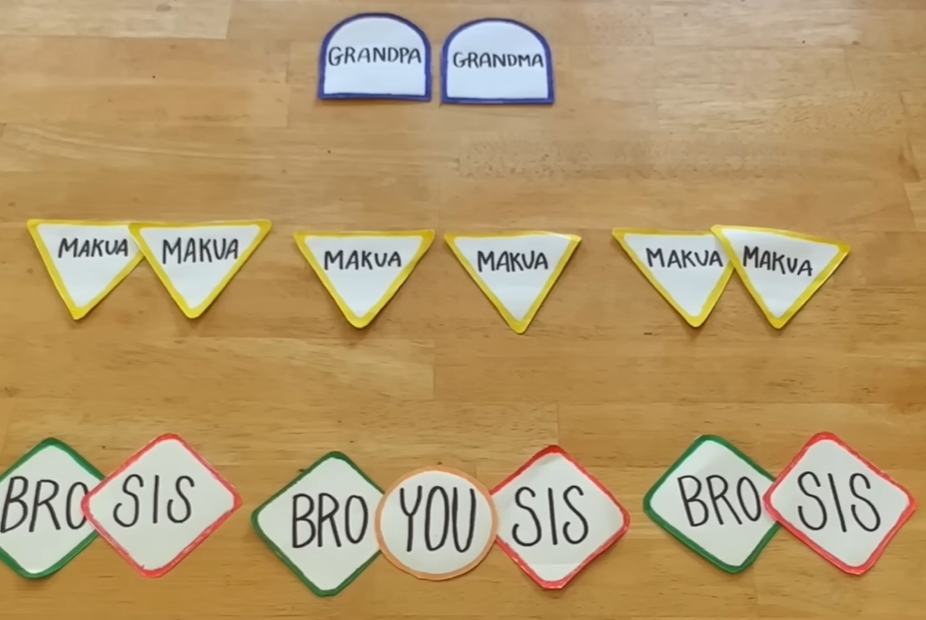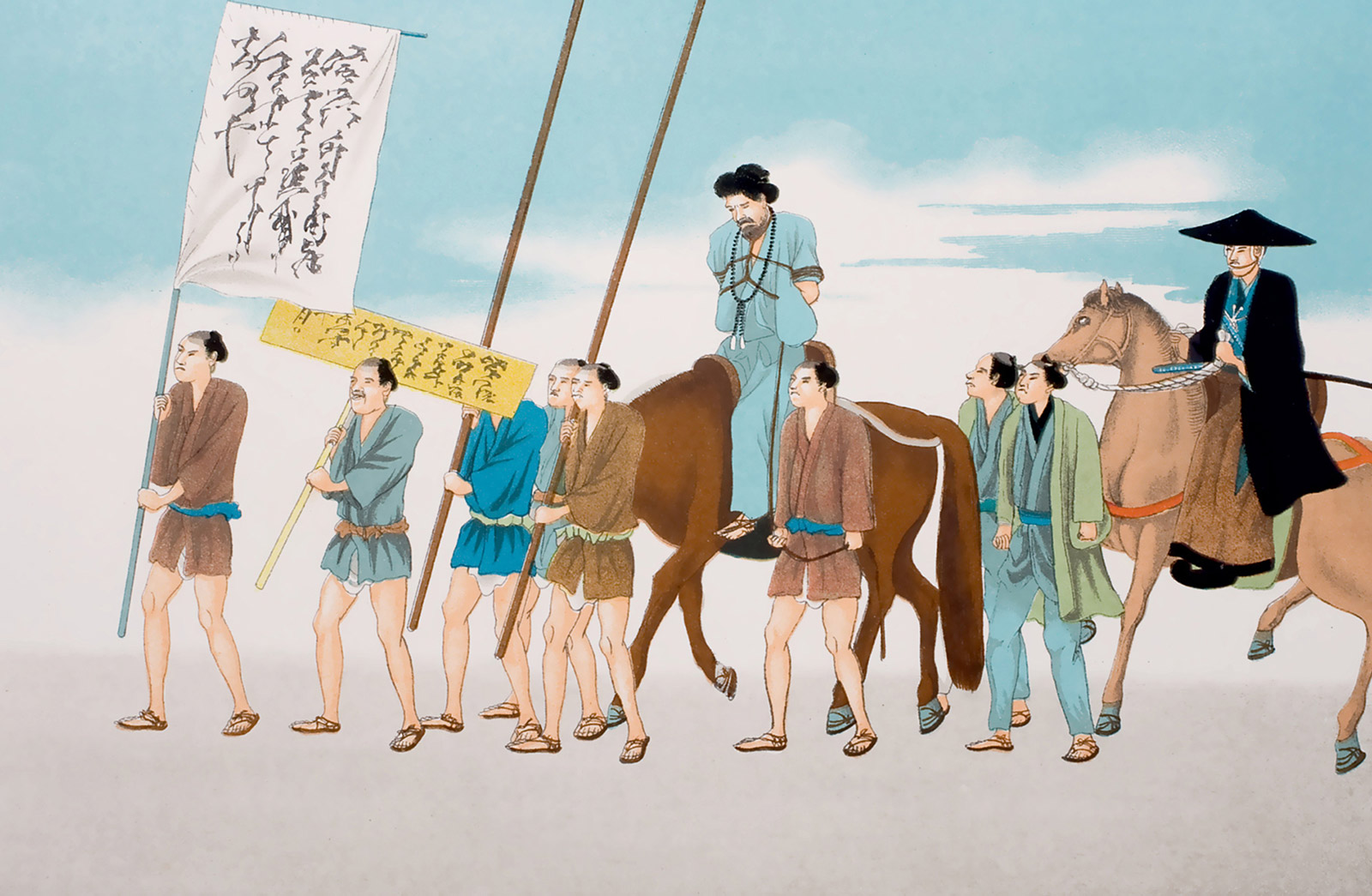There's this fairly politically significant Youtube channel called Triggernometry, a kind of soft-right platform to interview various people. Although the hosts don't always agree and create debates, often heated, it's rarely aggressive and people from all sides can certainly have their say.
I'm a bit new to them so I don't know what else they do or where they stand on various topics. I saw an interview of Richard Dawkins which I was excited about but ended up immensely disappointed at how boring it was but how they just kept pushing a profound and deep concept onto Dawkins which he repeatedly stated it's not his expertise and is the wrong person to be discussing it with.
But then, I came across a recent one with the Historian Rafe Heydel-Mankoo.
So far, it's been interesting but I just had to pause and absorb his words overnight when he answered one particular question. His answer was fascinating - something the hosts also repeat. The topic seemed to be around the idea of Western Exceptionalism. This in itself sounds eerily close to 'White Supremacy' but don't wince away from it, it doesn't appear to be about skin tone or race, per se, but historical context and cultural inheritance.
Whether or not you think the 'West' is exceptional (right now I'm on the side of 'The West has Fallen' but hey), there are some incredible theories he spouts that go a long way to explain how we were, at least for a time if not now, absolutely exceptional when it came to global influence and civility, our innovative entrepreneurship and the overall outcome of the current way we live our lives today (whether you like it or not).
I have to fact check each 3 or 4 seconds because it's a very dense wall of information in a short space of time, but so far ChatGPT as a starting point, he seems to be touching at least largely on truth. So let's dig in:
The Prohibition of Cousin Marriage
Back in the day, about 1,000 years ago, the Roman Catholic church banned cousin marriages - not because of any known health issues, but because it 'promoted family loyalty at the expense of universal love and social harmony.'
This was in a time where, all over the world, cousin marriages were quite normal and very common. It seems strange now, but we should understand that the concept of the nuclear family wasn't so much of a thing, and most societies lived with an extended family model. Children were raised and educated by many family members. I remember when I went to a very, very traditional countryside area of China, where they lived in log shacks with huge gaps between the logs, flies all over their food, and slept on the solid mud floors, they explained their ways of life in a very fascinating way: Children were not told who their father is until they come of age, I think about 13 or 16. Prior to that, everybody raised them equally. Every man considered an Uncle.
In fact, some languages don't even share the same kinship system we consider common sense:

Here, Source, it doesn't matter which side of the family Aunts and Uncles are from - they're all just called Aunts and Uncles. Same with 'Cousins'. There is a very clear separation here between that nuclear family (Kids and direct parents), and everybody else as an 'outer circle'.
This is surprisingly not universal:

Much like the culture of the village I experienced above, this language system does not distinguish between mothers, fathers, uncles and aunts. It reminds me of my time in Vietnam, where my Vietnamese friends would keep confusing me by calling all their family members brothers and sisters in English, despite having about 40 of them.
The Nuclear Family Changed Everything
The Catholic's ban on cousin marriages changed this extended family concept forever, and lead to the inevitable switch to the Nuclear family in the first image. From this point, people had to marry outside of their bloodlines, intermingle, get along with people a bit different to them.
This in turn lead to a more individualistic approach to one's needs and expectations. Instead of relying on a hundred family members to use their collective skills, knowledge and wealth to get things done together, we would contract outsiders for various services, education, repairs, loans, and so on.
By becoming more individualistic as a society, over time, we lead ourselves into a state of more independence and autonomy, more outside-the-box thinking. Competing minds and different perspectives would frequently come into contact with one another, ultimately leading to a more innovative and creative society.
In a way, it sings a similar tune to 'Diversity is our Strength' lol, but that's a controversial topic for another day.
With fewer family members to support, the burden is significantly reduced, allowing ones wings to spread and seek larger economic opportunities.
In contrast, when we see, for example, the Pakistanis living in the UK, they very specifically keep to themselves more than any others. Cousin marriages in both countries are, to this day, substantial; while less than 1% of English cousins were coupled together, this number is almost 40% in Pakistan individuals in the UK. Blood relation couples more generally is about 60%. About 50% of all marriages in Pakistan are cousin marriages, although in various villages this can surpass 80% - with devastating consequences, not just culturally and economically:
I live in Pakistan and I am speaking from experience here, my aunt and my uncle married their cousins, my uncle had a son born with birth defect (the boy didn’t speak or move, just layed in bed, died at 16), my aunt gave birth to two children (one boy, one girl both were born with birth defect the boy died at 13, the girl 22).
Incest aside, it seems the very culture of keeping to their own family circles, working in their family businesses and only looking out for themselves, they create more problems than solutions. I guess.
Guilt & Shame
Another concept the discussion covered was the concept of guilt. We tend to think of guilt as an inherent part of human nature, but now I'm not so sure. Japan, for example, is famous for its culture of shame, but this is not the same thing.
Shame can result from actions that bring dishonor or disgrace not only to oneself but also to one's family or social group. The focus is more on maintaining harmony within the group and upholding its reputation.
Guilt, on the other hand, is more individualistic in nature, focusing on personal actions and their consequences - a failing of one's own personal values. Self-disappointment. This is theorised that perhaps this brings with it a stronger sense of personal responsibility and behavioural regulation.
The concept of guilt is surprisingly very heavily associated with Western culture specifically, according to the anthropologist Ruth Benedict, with shame cultures of course being emphasised in the East. (Trust me, I have a lot of personal experience with this).

“Mode of Conducting a Criminal to Execution,” from Sketches of Japanese Manners and Customs by J. M. W. Silver, 1867.
People often call Eastern societies 'Collectivist' and Western 'Individualist'. And this now seems to make a lot more sense. I'm not sure how it links historically to cousin marriages but here in China at least, cousin marriages were very prevalent, and simultaneously, so are large and collective families that keep themselves to themselves.
Cousin marriages were likely exacerbated in part due to limited access to other people in distant villages, but it was also a way of maintaining bloodlines among nobility. This was until as recently as 1981, when it was finally banned to prevent birth defects. Globalisation and Western influence also would have had an effect on this decision.
This difference between guilt and shame may or may not be a positive. Too much guilt can be awful and destructive as hell, and there's a lot of good that can come out of a healthy dose of shame. But I am curious how this connects backwards to individuality, nuclear families and cousin marriages.
Full disclaimer, I only did light research on this so I can't say for certain whether or not any of this has been solidly debunked. Usually when I look these up, I'm quick to find articles dismantling the ideas, but in this case, it seems solid.
More research needed!
But conclusion here is, the implications of this and the impact on how I just... see the world around me... is being dramatically shaped by this huge rabbit hole, and I'll continue to dig until I'm satisfied.
To be clear though, I don't think this leads to any racial supremacy. It only takes a few years of integration for one person to become completely absorbed into the ways of life in another country. Skin colour and genetics has zero effect on one's ability to adhere to these or those social norms. The only limitation is a clash of culture which can be significantly difficult to overcome. Sometimes impossible.
Cultures are different, and seemingly in a far more profound way than I originally thought.
keeps digging